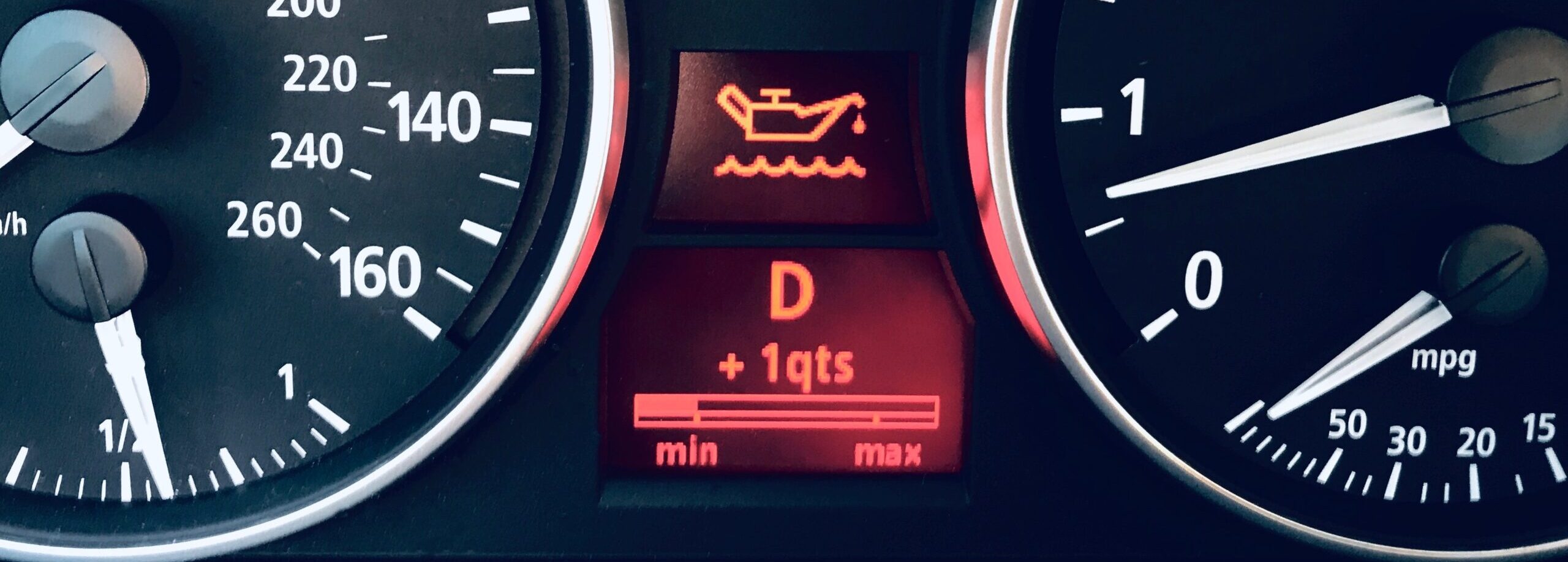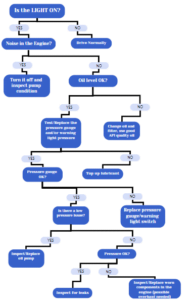
Preventing Low Oil Pressure for Better Engine Performance
Understanding the Causes of Low Oil Pressure
Low oil pressure can stem from various factors, including insufficient oil levels, using oil with inappropriate viscosity, or wear and tear in engine components. These issues can lead to reduced engine efficiency and increased emissions, contradicting our values of sustainability and performance.
Different Causes of Low Oil Pressure
|
Factor
|
Description
|
Impact on Engine
|
Suggested Action
|
|
Low Engine Oil Levels
|
Often due to leaks or insufficient refilling, compromising lubrication and cooling.
|
Reduced efficiency, increased emissions
|
Meticulous maintenance, use high-quality lubricants
|
|
Inappropriate Oil Viscosity
|
Incorrect viscosity can hinder oil flow, affecting lubrication and efficiency.
|
Decreased lubrication and efficiency
|
Use oil with correct viscosity for conditions
|
|
Wear and Tear of Engine Components
|
Main and connecting rod bearings wear down, leading to decreased oil pressure.
|
Increased clearances, lower oil pressure
|
Regular checks, replace with high-quality parts
|
|
Contaminated Engine Oil
|
Pollution from fuel, coolant, or debris loses lubricating properties.
|
Reduced lubrication, possible damage
|
Use resistant lubricants, ensure cleaner operation
|
|
Activated Engine Oil Bypass Valves
|
Indicate clogged filters or other issues, maintaining flow and pressure.
|
Possible maintenance indication
|
Immediate attention, proactive maintenance
|
|
Broken/Clogged Oil Lines, Damaged Suction Tube
|
Reduces oil flow, leading to decreased pressure.
|
Decreased oil pressure, engine health risk
|
Regular inspections and maintenance
|
Five WARNING SIGNS of Low Oil Pressure
The flow chart below will help you troubleshoot and identify the next steps you can take if you are having oil pressure problems:

Aligned with Maxmo’s principle, addressing these symptoms is integral to contributing to a sustainable future through efficient engine care. Regular checks and maintenance are essential in ensuring your engine operates with longevity and adheres to environmental stewardship principles.
Ensuring Optimal Engine Lubrication
Striving for excellence, regular maintenance, including oil and filter changes, serves as a fundamental practice. This proactive approach not only counters the threats of sludge buildup and wear but also resonates with Maxmo’s values of nurturing efficiency and reliability. Choosing their premium lubricants ensures that your engine is taken care of by professionals to maintain engines health, efficiency, and environmental responsibility.
Why Is Oil Pressure Important?
Maintaining proper oil pressure is vital for the engine’s well-being, serving as a protective layer for both performance and longevity. In Maxmo’s vision, where machinery and environmental care go hand in hand, maintaining the correct oil pressure reflects our dedication to quality and sustainability. It’s not just about reducing friction and wear; it’s about ensuring the engine operates in line with our values of sustainability and responsibility. Neglecting oil pressure maintenance could lead to increased friction, overheating, and damage, directly working against our mission of promoting long-lasting and eco-conscious care.
Impact of Oil Viscosity
Maxmo recognizes the crucial role of oil viscosity, representing its thickness and fluidity, in maintaining engine health and influencing factors like oil pressure and lubrication. Ensuring the right oil viscosity is vital for promoting smooth oil flow and optimal engine performance. Low viscosity oils may result in reduced oil pressure at high temperatures, while high viscosity oils can burden the engine in colder conditions.
Maxmo lubricants are precisely formulated to achieve a balanced viscosity, catering to various engine types and operating conditions. Our oils provide effective lubrication, reducing friction and wear, which is particularly important across different temperature ranges. We acknowledge the significant impact of viscosity on fuel efficiency, with thicker oils potentially increasing engine workload and fuel consumption.
At Maxmo, our commitment is to deliver lubricants that enhance fuel efficiency and ensure robust protection. Through dedicated research and development efforts, we consistently produce products that not only meet but exceed industry standards, demonstrating our constant focus on sustainability, quality, and exceptional performance.
Effective Strategies for Engine Health Maintenance
Managing low oil pressure aligns with Maxmo’s commitment to quality and sustainability. Key recommendations include regular oil checks, using the correct oil viscosity, inspecting oil pumps and filters, and ensuring high engine performance and longevity. Emphasizing environmentally friendly practices reflects Maxmo’s dedication to sustainability. The focus on empowering readers with knowledge about engine maintenance and the importance of professional expertise resonates with Maxmo’s vision of customer empowerment and leveraging expert knowledge. Contact us for personalized advice and support

